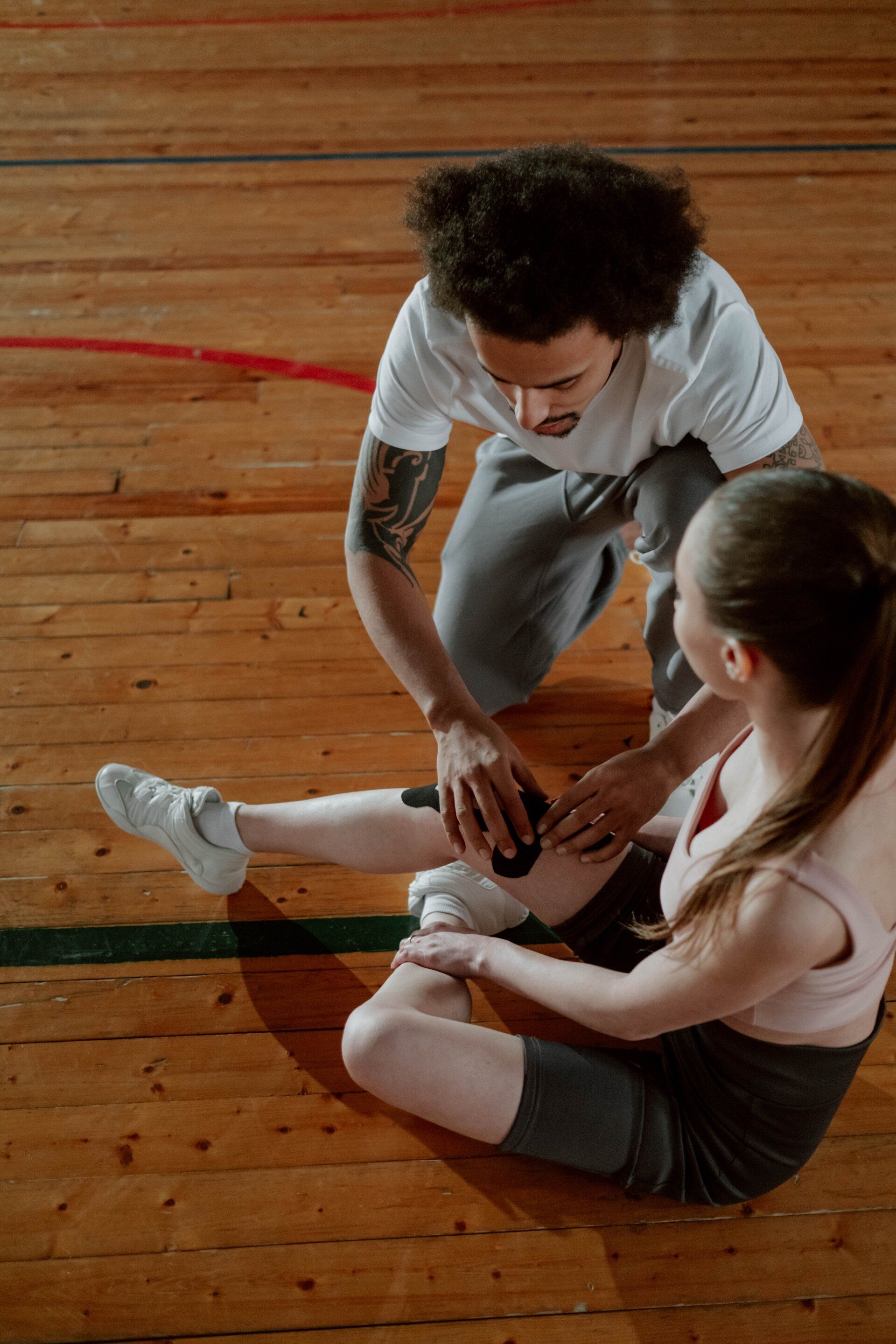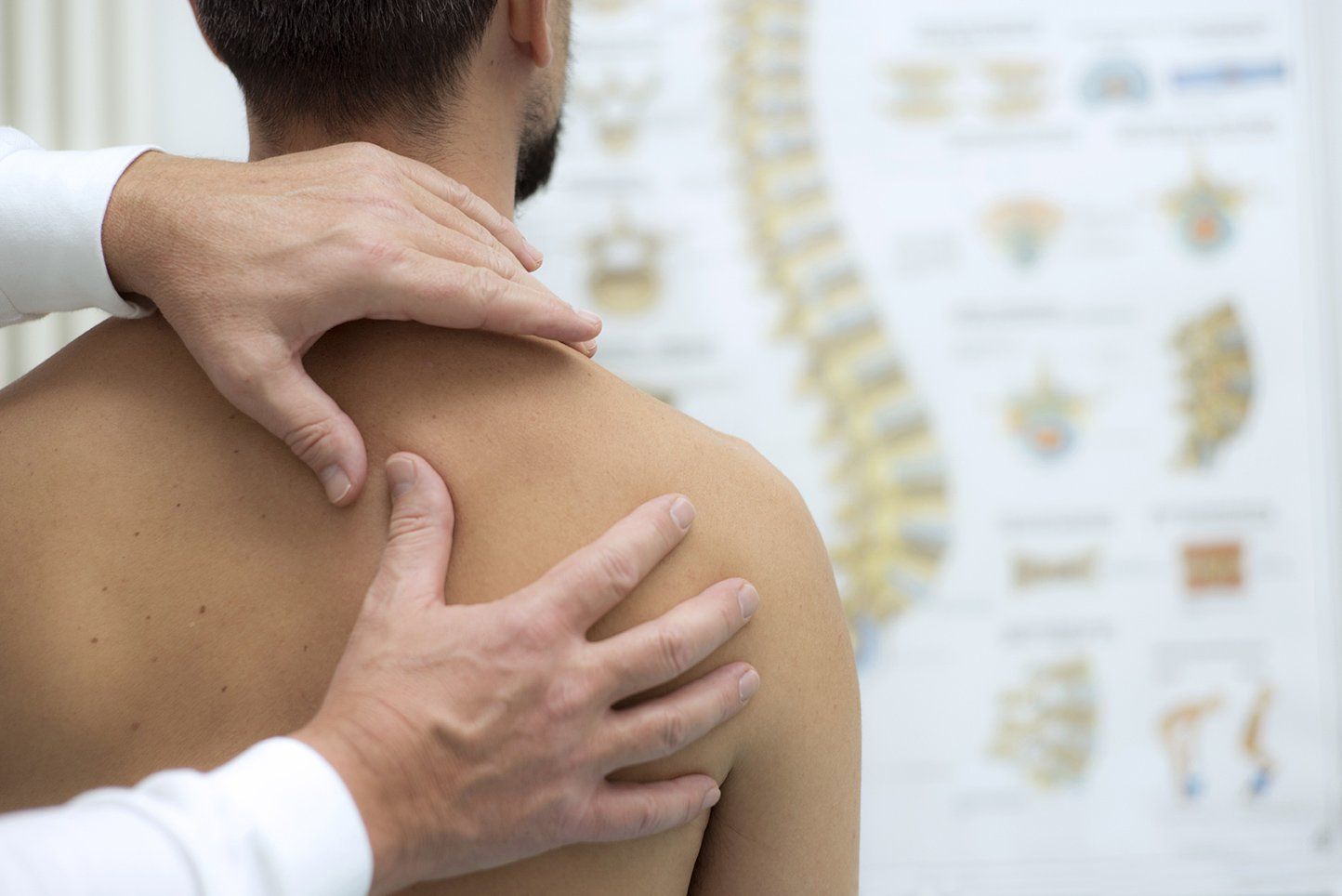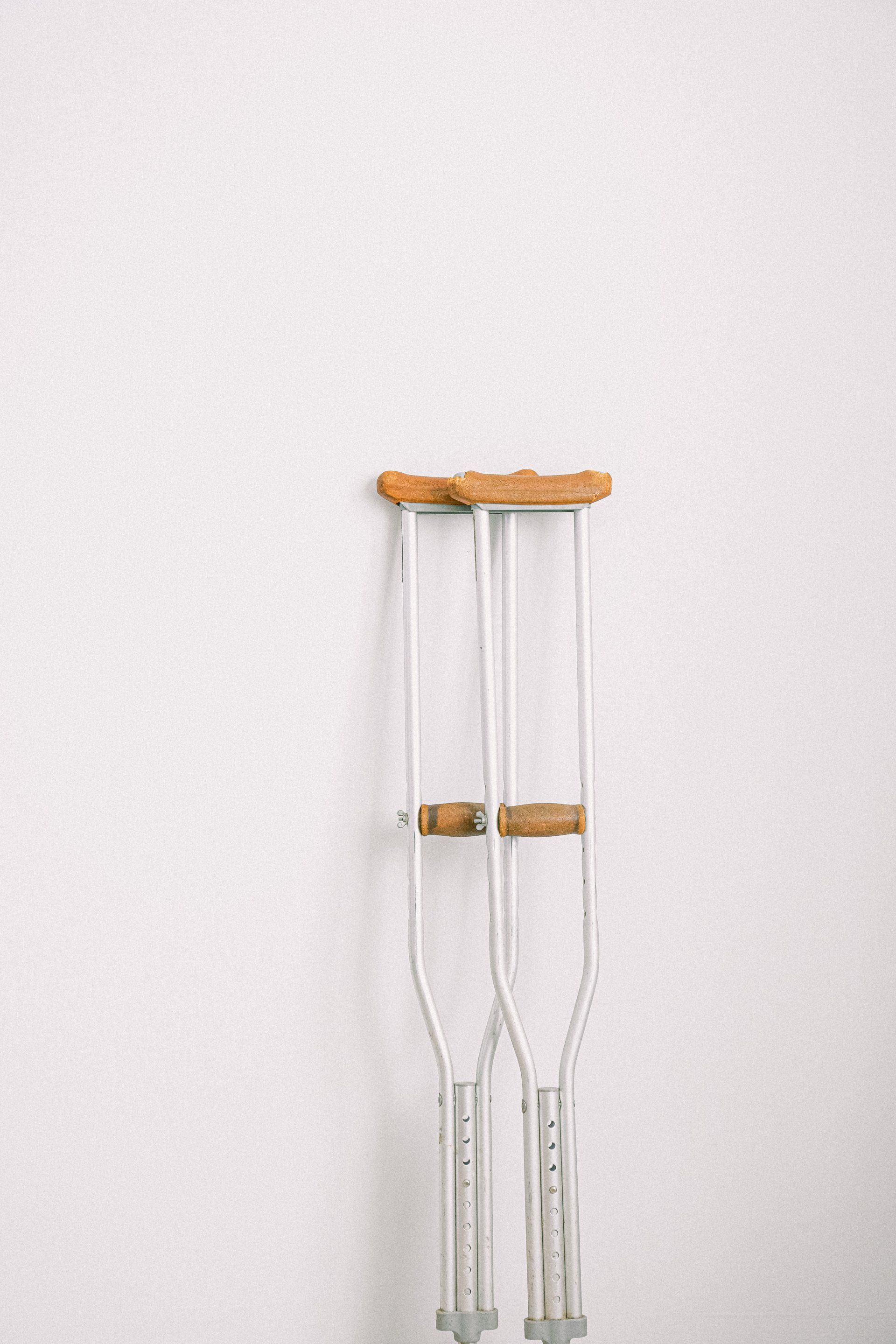A herniated disc is a real pain in the back: Are you living with one?
A herniated disc is a real pain in the back: Are you living with one?
Can you identify a herniated disc?
A herniated disk could be the cause of your back pain. A herniated disk can place extra pressure on the muscles, nerves, and spinal column.
A variety of possible problems can be indicated by an unusual neck, back, and extremity symptoms, including herniated discs. How do you know if you have this problem?
You may feel pain in one side of your body, radiating to the arms and legs, or aching, burning sensations.
Physiotherapy can relieve herniated disc symptoms and allow you to move again comfortably.
What can physiotherapy do for my herniated disk?
A physiotherapist plays an important role in the recovery of a herniated disk. Different techniques can be used by physiotherapists to relieve pain and heal. Some passive treatments include deep tissue massage, electrical stimulation, and hot and cold therapies. A deep tissue massage uses pressure to ease spasms caused by a herniated disk. The benefits of hot therapy include increased blood flow and healing. Cold therapy decreases inflammation. By sending a small electric current to the nerve pathway, electric nerve stimulation can reduce muscle spasms.
A physiotherapist will provide active treatments that address joint movement, stability, and strength. To strengthen your back muscles, a physiotherapist will show you core stabilizing exercises. To condition and strengthen your body, you'll also be involved in body muscle exercises. A physiotherapist will also teach you proper stretching techniques and flexibility techniques.
Herniated discs: Explained
"Studies have indicated that genetic factors influence many, if not most of the diseases commonly encountered in clinical practice by physiotherapists, such as a herniated disc. Genetics has been shown to play a role in end-plate herniations at 40-49 years of age."
There are a number of bones that make up the spinal column. "The cervical spine has seven bones, the lumbar spine has five bones and the thoracic spine has 12." Each disc is made up of a gelatinous inner and an outer ring. A herniated disc is a disc that protrudes beyond the outer ring. This can lead to numbness and pain.
A herniated disc can be caused by many factors. A herniated disc can be caused by certain movements, such as twisting or turning. Another culprit is lifting heavy objects. A herniated disc can also be caused by being overweight.
Because discs must support more weight, this is why they are so fragile. A herniated disc is more common in older people. The discs lose some of the protective water content as we age. This causes discs to slip more easily.
Common treatment options for herniated disks
Physiotherapy can successfully treat herniated discs. One of our physiotherapists will conduct diagnostic tests at your first appointment to find the source of your pain.
Once you have identified the root cause of your pain, a customized treatment plan will be developed for you based on your needs.
These include a series of stretches or exercises that aim to relieve your pain and improve your function. They also promote the body's natural healing process. Your physiotherapist may recommend additional treatments. These treatments include:
- Manual therapy
- Heat and ice therapies
- Traction
- Laser therapy class IV
- Transcutaneous electrical nerve stimulation (TENS)
- Instruction on how to lift and position your body
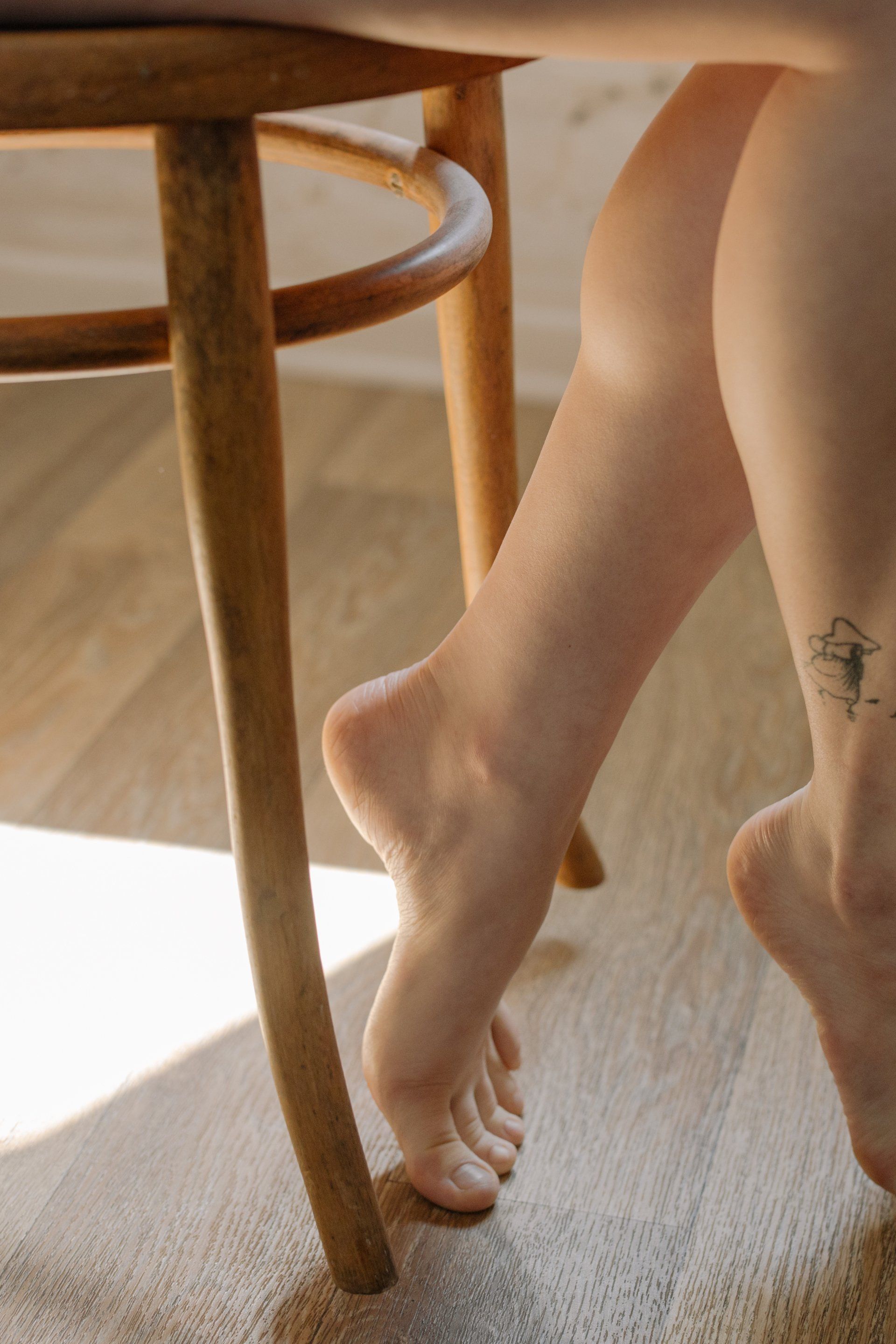



SERVICES
QUICK LINKS
CONTACT
(780) 215-0570
reception@blackgoldptclinic.com
8530 Manning Ave, Fort McMurray, Wood Buffalo, AB, Canada
(780) 215-0570
reception@blackgoldptclinic.com
